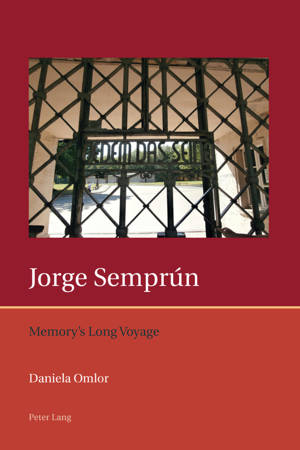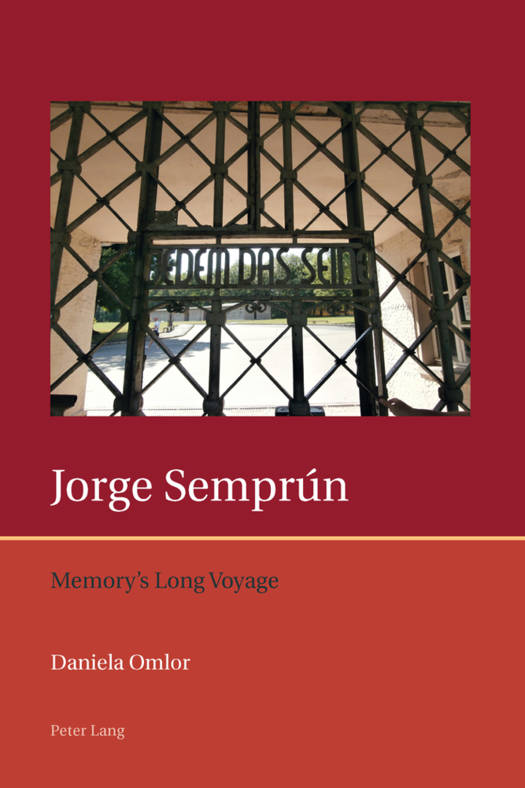
Door een staking bij bpost kan je online bestelling op dit moment iets langer onderweg zijn dan voorzien. Dringend iets nodig? Onze winkels ontvangen jou met open armen!
- Afhalen na 1 uur in een winkel met voorraad
- Gratis thuislevering in België vanaf € 30
- Ruim aanbod met 7 miljoen producten
Door een staking bij bpost kan je online bestelling op dit moment iets langer onderweg zijn dan voorzien. Dringend iets nodig? Onze winkels ontvangen jou met open armen!
- Afhalen na 1 uur in een winkel met voorraad
- Gratis thuislevering in België vanaf € 30
- Ruim aanbod met 7 miljoen producten
Zoeken
Omschrijving
Jorge Semprún is a leading writer from the first generation of Spanish Civil War exiles, yet studies of his work have often focused solely on his literary testimony to the concentration camps and his political activities. Although Semprún's work derives from his incarceration in Buchenwald and his expulsion from the Spanish Communist Party in 1964, limiting the discussion of his works to the autobiographical details or to the realm of Holocaust studies is reductive. The responses by many influential writers to his recent death highlight that the significance of Semprún's work goes beyond the testimony of historical events. His self-identification as a Spanish exile has often been neglected and there is no comprehensive study of his works available in English. This book provides a global view of his oeuvre and extends literary analysis to texts that have received little critical attention. The author investigates the role played by memory in some of Semprún's works, drawing on current debates in the field of memory studies. A detailed analysis of these works allows related concepts, such as exile and nostalgia, the Holocaust, the interplay between memory and writing, politics and collective memory, and postmemory and identity, to be examined and discussed.
Specificaties
Betrokkenen
- Auteur(s):
- Uitgeverij:
Inhoud
- Aantal bladzijden:
- 234
- Taal:
- Engels
- Reeks:
- Reeksnummer:
- nr. 5
Eigenschappen
- Productcode (EAN):
- 9783034308212
- Verschijningsdatum:
- 16/04/2014
- Uitvoering:
- Paperback
- Formaat:
- Trade paperback (VS)
- Afmetingen:
- 150 mm x 221 mm
- Gewicht:
- 340 g

Alleen bij Standaard Boekhandel
+ 133 punten op je klantenkaart van Standaard Boekhandel
Beoordelingen
We publiceren alleen reviews die voldoen aan de voorwaarden voor reviews. Bekijk onze voorwaarden voor reviews.











